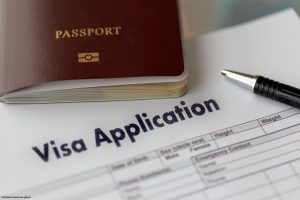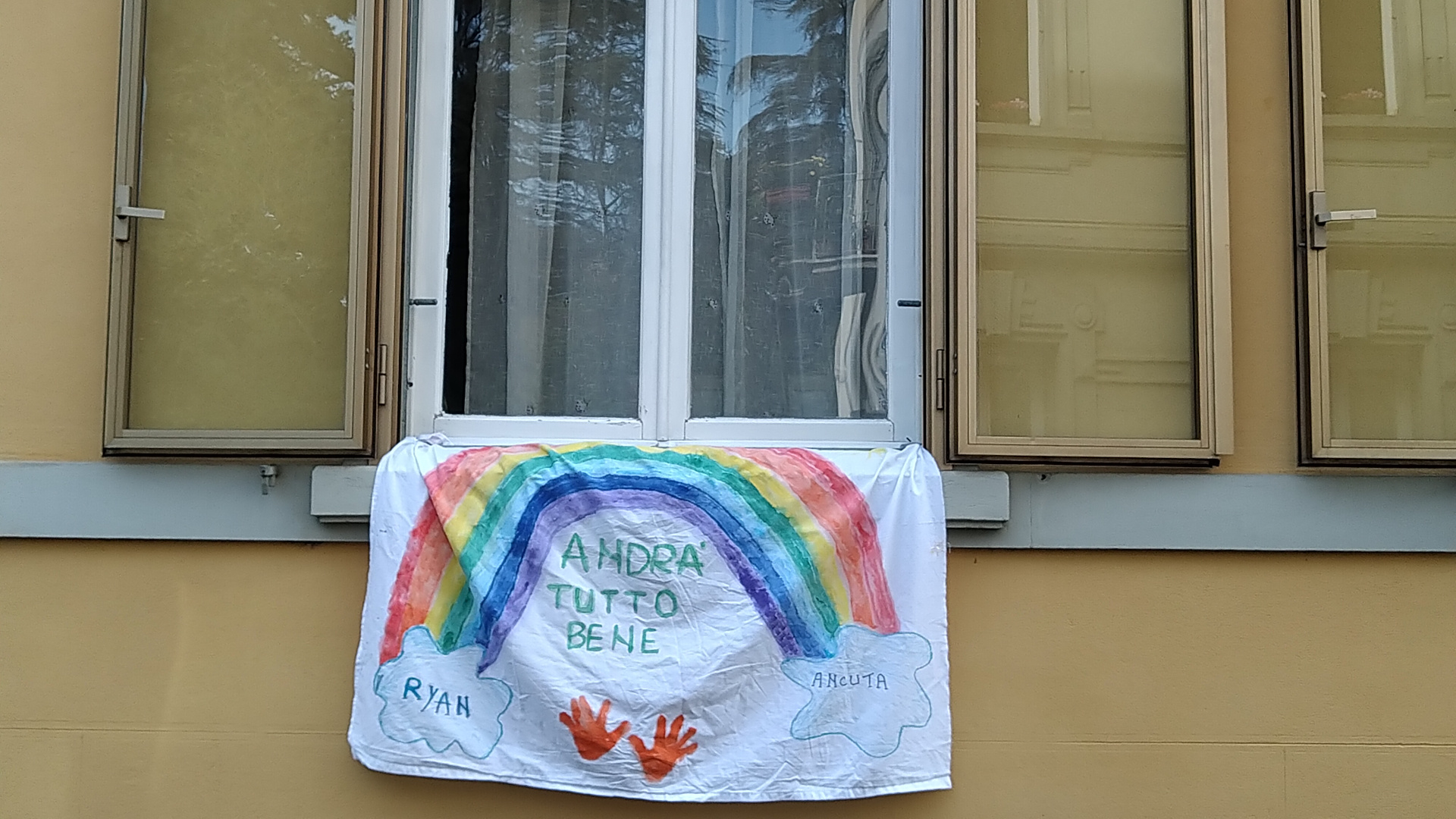
Read more
Blog, Rights, protection and inclusion
Inequality at the Border: How Visa Costs Penalize Citizens of Poor World Regions
The Covid-19 pandemic has made everybody aware that individual mobility is a major engine of social life but, at the same time, it is also politically channelled and limited. One after another, governments have...
The Covid-19 virus is on everyone’s mind. Many European citizens, including Migration Policy Centre (MPC) staff here in Florence are under lockdown, having our mobility rights significantly constrained and required to keep contact with other people at almost zero. From countless apartment balconies hang banners proclaiming andrà tutto bene (everything’s going to be alright). Yet, understandably, many people are fearful and anxious. Medical research shows that forced quarantine can have long-lasting effects can lead to post-traumatic stress disorder symptoms (PTSD) and severe depression. Studies in Toronto analysing the psychological costs of previous SARS outbreaks found that 29 percent of those quarantined showed PTSD symptoms while a further 31 percent had symptoms of depression. It’s not only the uncertainty and isolation. We have lost our daily routines, our usual work or study environments that provide us with much needed stability.
Before coming to the MPC, I worked with refugee and asylum seeker populations. This was when I found out about PTSD and how trauma manifests itself. I was working with unaccompanied minor asylum seekers at first, some of whom were self-harming, some even attempted suicide. Not all of my clients had mental health problems, but, as the Covid-19 pandemic shows, people react very differently to stressful and isolating situations. Some, including displaced people who have faced strenuous journeys, are resilient, but others are not. Some were severely depressed, and consequently had concentration issues and learning difficulties. The situation was not helped by the uncertainty while undergoing asylum procedures with often severely restricted mobility/liberty and isolated accommodation for asylum seekers. Research shows that prolonged detention, insecure residence status, lengthy refugee determination procedures, a lack of opportunities to work and study, and a lack of connectedness to others can exacerbate PTSD and depression.
Dealing with those clients that had not coped well, made me think about actually doing research in ways that, as a social scientist, I had never thought about before. None of my classes at university sensitized me to these issues and my academic colleagues hardly ever talked about them. With my peers, we often talked about objectivity, methodology, and yes research ethics, the necessity of being aware of own biases, being attentive to how we phrase our questions, and sharing knowledge we gather with our respondents. But frankly I believe many of us (at least the non-psychologists) are not sufficiently alert to the implications of a simple research interview. As researchers, our aim is to understand causes, circumstances of migration, migration decisions, and many of us also aim to make migration governance systems better based on knowledge and well-researched facts. We strive to find explanations for phenomena that puzzle us.
As an NGO worker, my role had suddenly changed. My primary role then was to protect my clients, and help them to lead normal and productive lives so far as possible. I learned that asking my clients about their journeys, or their experiences with war was something I should avoid even when asylum seekers wanted to talk about it because I could trigger PTSD symptoms and even traumatize myself hearing these stories. I also tried to convey to all the volunteers that were eager to help out and to support asylum seekers not to touch upon these sensitive questions.
Returning to work in academia, I tried to emphasize this gained knowledge as much as I could, but fellow academics did not always understand. Often, they had good intentions, wanting to shine light on difficulties vulnerable groups face, such as refugee women that had suffered sexual violence. But after my experience as an NGO worker I sometimes wondered, did they think hard enough what it means investigating these questions? During asylum procedures, public servants are actually required to ask these sensitive questions. Academia has installed ethics committees to ensure the protection of vulnerable groups, but it can still be a slippery slope. How can you find out facts without tapping into these experiences?
In these days of Covid-19, many of us will encounter some mental health challenges. One problem though is that mental health is still often a stigmatized issue, a taboo. Emergency situations like the one we are facing right now are an opportunity to talk openly about these issues and to see the world from a different perspective. It can make us understand what it means not to be able to reach family members or friends that are in another country, or even just in a different neighbourhood. It enables us to see what it means to worry for loved ones far way. Or how much a simple internet connection through our smart phones can mean. It allows us to understand that once we fear for our personal liberty, our first response is often to flee.
One thing that struck me most forcefully while working with vulnerable asylum seekers was that there were hardly any psycho-therapy places available for them. Yet, research shows that anxiety disorders and depression are up to twice as prevalent in refugee populations than in the rest of the society. Those services that were available had lengthy waiting lists.
Here in Italy, we are required to stay home and to stay safe. Yet, on Greek islands there are currently 42.000 asylum seekers that are effectively trapped. According to Doctors without Borders, in the Moria camp on the island of Lesvos, there is just one water tap for 1300 people and no soap. People are crammed together in small spaces. Many of these stranded on Greek islands already had severe mental health issues before as a result of encampment. What will happen to them if the virus spreads? These questions are often disregarded because migrants and refugees have been framed and are consequently perceived as different ‘others’. The first victim of dehumanizing language is empathy.
We now see that every one of us can suddenly can become vulnerable. As humans, we have much more in common, than what divides us: our fears, our anxieties, and how we react in difficult situations. Our humanity is also our strength, being able to put ourselves into the shoes of others, now more than ever. It’s high time to openly talk about mental health, and it’s time to talk about commonalities, common fears, and common aspirations and needs we all share as humans. If we start from there andrà tutto bene (everything’s going to be alright).
Leila Hadj Abdou Research Fellow, Migration Policy Centre, EUI
The EUI, RSCAS and MPC are not responsible for the opinion expressed by the author(s). Furthermore, the views expressed in this publication cannot in any circumstances be regarded as the official position of the European Union.

